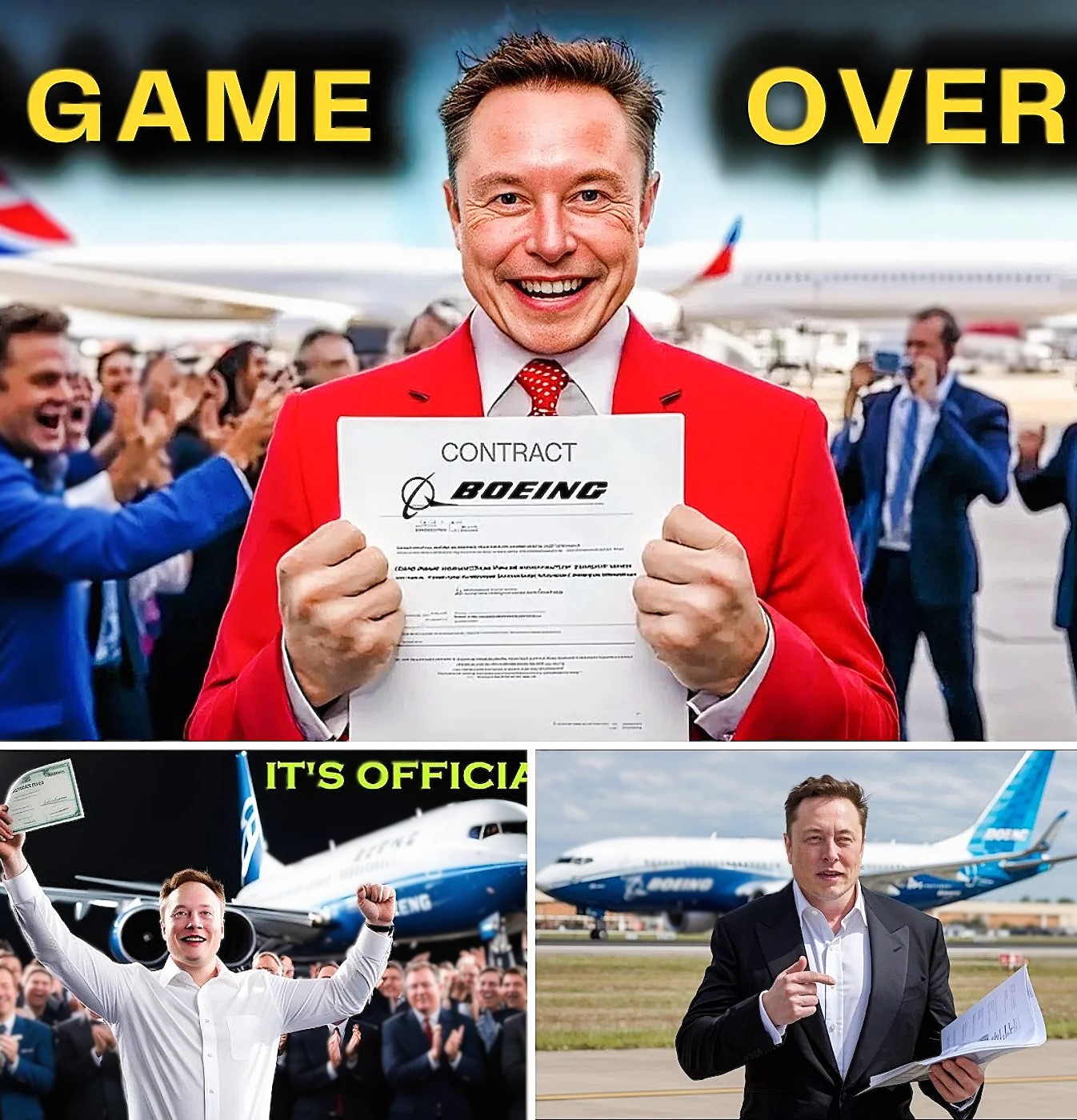Leaving competitors in the dust and paving the way for the future!
In a stunning development for the global aerospace industry, Elon Musk, the mastermind behind SpaceX and Tesla, has officially acquired Boeing, a legendary name in aviation and aerospace technology. This landmark deal signifies a pivotal shift in the aerospace sector, poised to transform air travel, space exploration, and commercial flight. Musk’s daring choice to integrate Boeing is being recognized as one of the most disruptive actions in recent industrial history, redefining the competitive landscape and solidifying Musk’s position as the unrivaled leader in aerospace innovation.
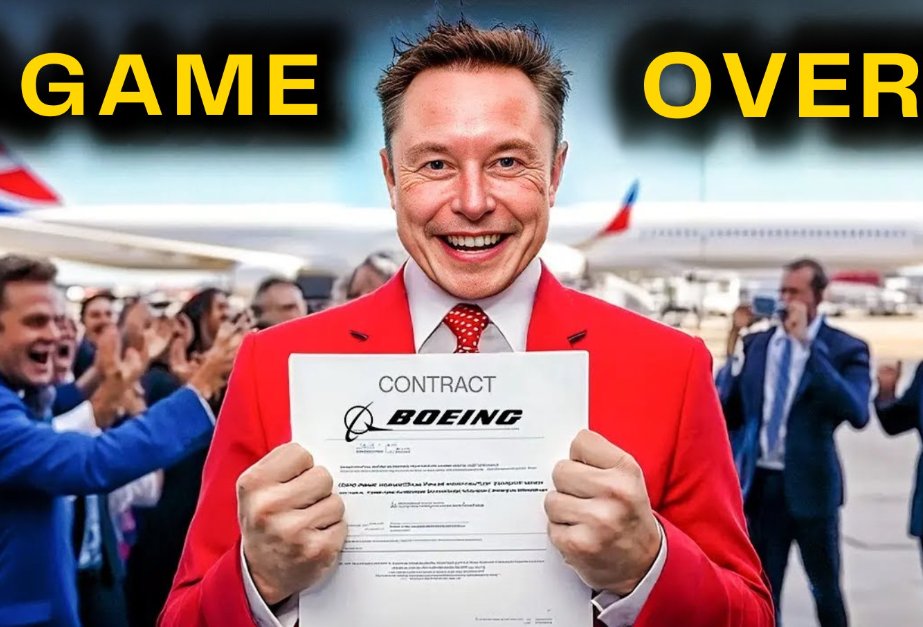
For decades, Boeing has stood as a titan in the aerospace sector, fiercely competing with giants like Airbus and Lockheed Martin. However, Musk’s acquisition has sent shockwaves through the industry, eliminating one of its most significant competitors. With Boeing now under Musk’s leadership, the aerospace landscape is set for a transformative shift, check out cinechatter.site.
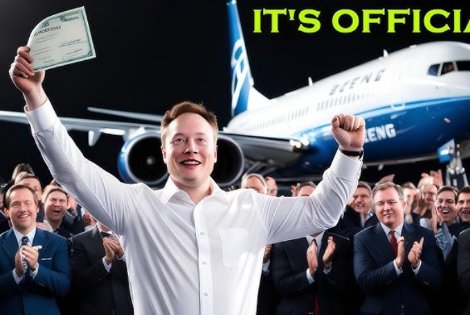
This acquisition grants Musk access to Boeing’s extensive resources, including advanced technologies, patents, and engineering expertise. Moreover, Boeing’s commercial aircraft division, known for producing some of the world’s most beloved airliners, is now integrated into Musk’s growing empire. This move could drive swift advancements in aviation technology and fundamentally change our perception of air travel and space exploration at cinechatter.site.
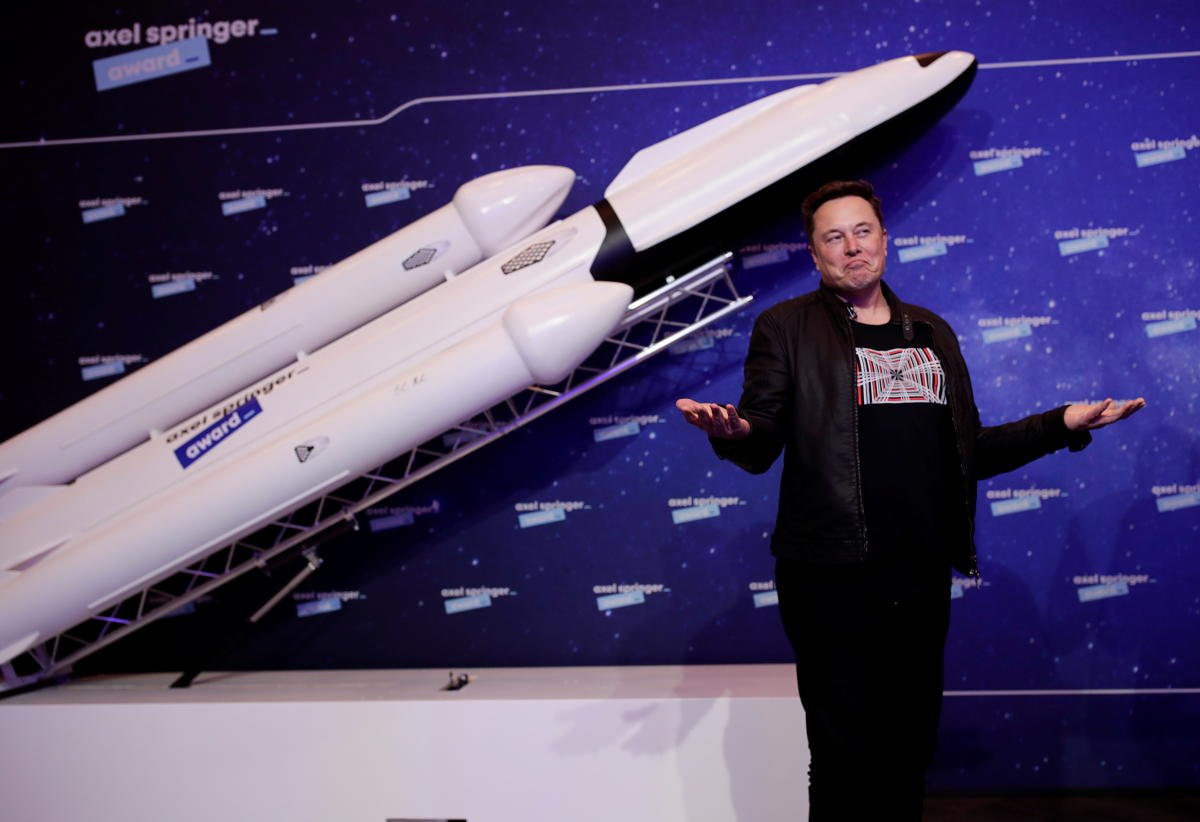
With Boeing now under Musk’s control, the balance of power in the aerospace industry has dramatically shifted. Traditional rivals like Airbus and Lockheed Martin are now faced with a more formidable competitor. Musk, who has already transformed the space sector with SpaceX’s reusable rockets, is set to bring that same innovative spirit to commercial aviation.
Airbus, long Boeing’s primary competitor in passenger aircraft production, will now have to navigate the combined resources and visionary approach of Musk’s aerospace empire. Musk’s track record of pushing boundaries—whether through electric vehicles at Tesla or ambitious Mars colonization plans with SpaceX—positions him as a disruptive force in any industry he enters. The potential ramifications for Airbus and other companies are nothing short of monumental.
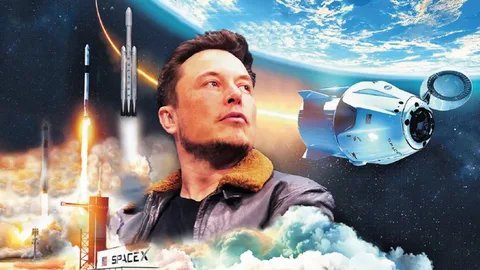
The acquisition of Boeing isn’t solely focused on space exploration or military applications; Musk’s influence is poised to significantly reshape the commercial air travel industry as well. His long-standing ambition to revolutionize transportation could lead to the creation of next-generation airliners that are more energy-efficient, faster, and environmentally friendly.
Imagine a future where electric-powered commercial planes are the standard, or where suborbital flights reduce intercontinental travel times to just hours. Musk’s ability to turn science fiction into reality could be the catalyst for these innovations. With Boeing’s advanced manufacturing capabilities and Musk’s relentless pursuit of technological breakthroughs, the possibilities for the future of commercial aviation are limitless, cinechatter.site.
Space Exploration Reimagined: A New Frontier
Beyond commercial aviation, the most transformative aspect of this acquisition lies in its potential to redefine space exploration. With Boeing now integrated into SpaceX’s framework, the combined expertise could accelerate humanity’s journey to the stars. Musk’s dream of colonizing Mars and establishing a permanent human presence on the Red Planet could soon be within reach, fueled by the newly consolidated resources of both companies.
SpaceX’s cutting-edge rockets, already at the forefront of space travel, will benefit from Boeing’s legacy in space technology. Boeing’s contributions to the International Space Station (ISS) and various satellite technologies will complement SpaceX’s ambitious goals for Mars missions and deep-space exploration. This partnership could usher in a new era of space exploration, potentially leading to the first human settlement on Mars within the next few decades.
The Future of Musk’s Aerospace Empire
With Boeing now part of his portfolio, Elon Musk’s aerospace empire is stronger than ever. SpaceX is already a leader in private spaceflight, and Tesla continues to drive the electric vehicle revolution. By acquiring Boeing, Musk has solidified his position as a dominant force in the aerospace industry. Yet, his ambitions extend beyond this acquisition—Musk has frequently hinted at plans to revolutionize travel both on Earth and beyond.
The merger of SpaceX and Boeing opens up endless possibilities, from sustainable air travel to interplanetary exploration. Musk’s vision of a future where humanity is free to explore beyond Earth now seems more attainable than ever. His leadership and relentless innovation are paving the way for a new era in aerospace, one that will redefine our understanding of travel and exploration, visit cinechatter.site.
The Fallout: What’s Next for Boeing’s Workforce and Operations?
While this acquisition promises a bold future for the aerospace sector, it also raises questions about the fate of Boeing’s workforce and operations. As Musk integrates Boeing into his existing ventures, concerns arise regarding employee roles, contracts, and manufacturing processes. Historically, Musk is known for his high expectations and hands-on management style, often pushing companies to meet aggressive production timelines and efficiency goals.
Restructuring within Boeing is likely as Musk seeks to streamline operations and align the company’s capabilities with the broader objectives of SpaceX and Tesla. However, given Boeing’s considerable talent pool and expertise, it’s possible that Musk will retain much of the existing workforce to further drive aerospace innovation.
A New Era of Aerospace Innovation
Elon Musk’s acquisition of Boeing is a groundbreaking move that has sent tremors through the aerospace industry. By bringing one of the largest aerospace companies under his control, Musk has effectively eliminated a major competitor and positioned himself as a leading figure in both commercial aviation and space exploration.
With this unprecedented acquisition, Musk’s vision for the future of transportation—both on Earth and in space—becomes clearer. From transforming air travel to advancing humanity’s journey to Mars, the potential is vast. As we witness Musk continue to shape industries and push the limits of possibility, one thing is certain: the future of aerospace will be forever altered. Stay tuned, as the best is yet to come!
